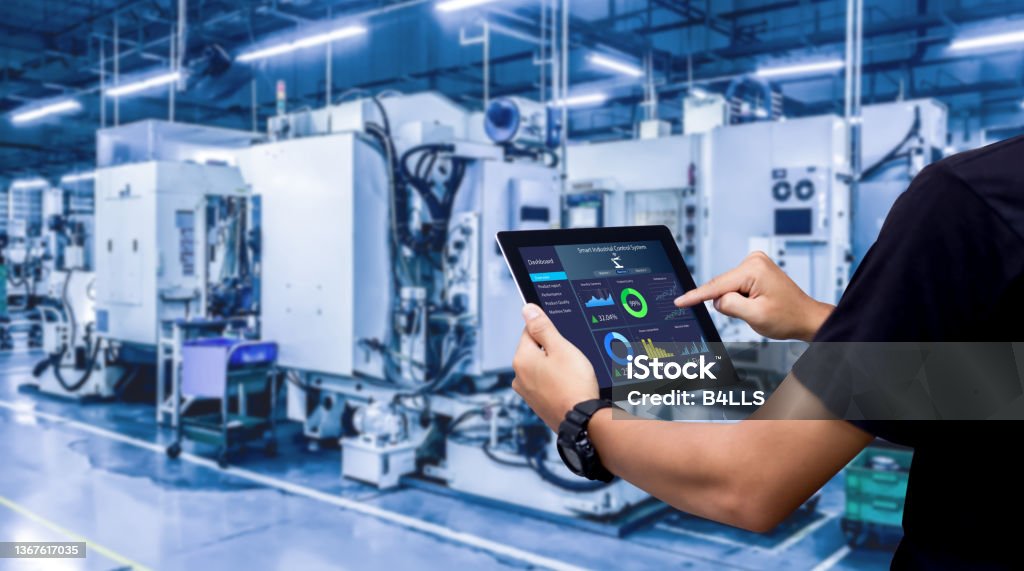Industrial Machines
Industrial machines play a crucial role in modern manufacturing and production processes, enabling the efficient and cost-effective mass production of goods across various industries. Here are some key aspects highlighting the power of industrial machines:

Related Searches
1. Automation and Efficiency: Industrial machines automate repetitive tasks, reducing the need for manual labor and increasing production efficiency. Automated systems can operate 24/7 with minimal human intervention, leading to higher productivity and lower labor costs.
2. Precision and Accuracy: Industrial machines are designed to perform tasks with a high degree of precision and accuracy, ensuring consistent quality and reliability in manufacturing processes. CNC machines, robotic arms, and automated assembly lines can achieve tight tolerances and produce complex parts with minimal errors.
3. Speed and Throughput: Industrial machines are capable of high-speed operation, allowing for rapid production and throughput. This enables manufacturers to meet tight deadlines, respond quickly to market demand, and scale production as needed.
4. Customization and Flexibility: Modern industrial machines are increasingly designed to be flexible and adaptable, allowing for rapid changeovers and customization of products. This flexibility enables manufacturers to produce a wide range of products efficiently and respond quickly to changes in customer preferences or market trends.
5. Safety and Risk Mitigation: Industrial machines are equipped with safety features and protocols to protect workers from hazards and minimize the risk of accidents. Safety measures such as guards, sensors, emergency stop buttons, and interlock systems help ensure a safe working environment for operators and maintenance personnel.
6. Data Monitoring and Analytics: Many industrial machines are equipped with sensors and monitoring systems that collect data on performance, quality, and maintenance needs in real-time. This data can be analyzed to optimize machine operation, predict maintenance issues, and improve overall efficiency and productivity.
7. Energy Efficiency: Industrial machines are designed to maximize energy efficiency and minimize resource consumption, helping companies reduce their environmental impact and operating costs. Energy-efficient motors, variable speed drives, and optimization algorithms are examples of technologies used to improve energy efficiency in industrial processes.
8. Scalability and Modularity: Industrial machines are often designed with scalability and modularity in mind, allowing manufacturers to expand production capacity or reconfigure production lines easily. Modular components and standardized interfaces facilitate integration and upgrades, making it easier to adapt to changing production requirements.
Overall, industrial machines are essential tools that enable manufacturers to achieve higher levels of productivity, quality, and efficiency in today's competitive global marketplace. Their power lies in their ability to automate processes, achieve precision and speed, ensure safety, and adapt to evolving business needs and technological advancements.







